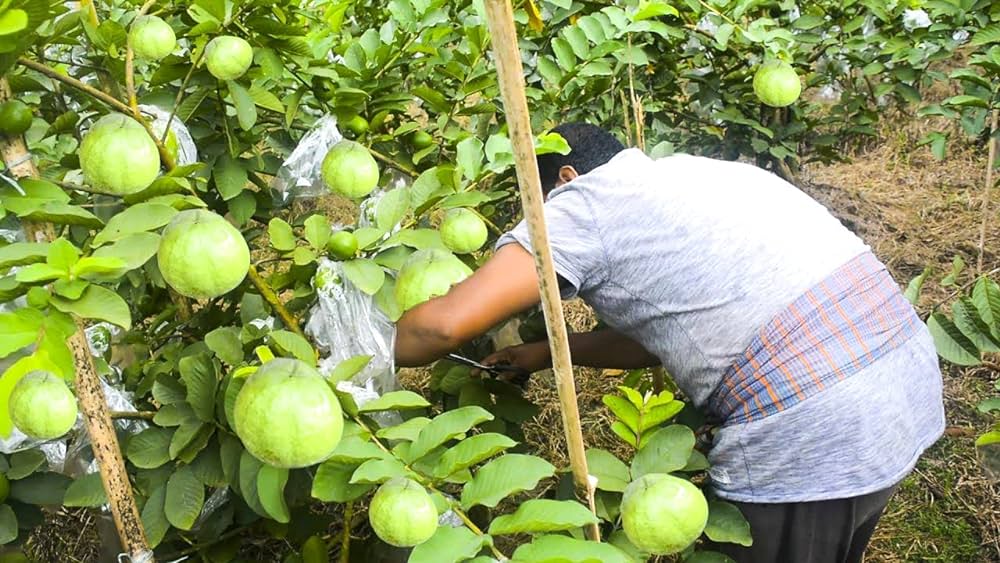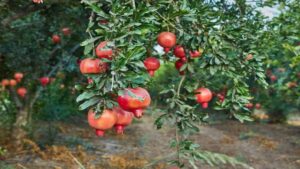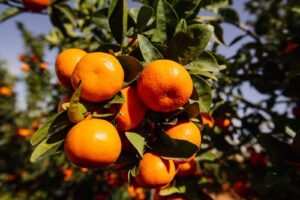In an era where sustainability and innovation are at the forefront of agricultural development, Addu Hybrid Farming stands out as a beacon of progress and potential. This innovative farming model, combining the best of traditional and modern agricultural practices, offers a path forward for farmers looking to increase yields, protect the environment, and ensure food security for future generations.
The Concept of Hybrid Farming
Hybrid farming is a method that integrates multiple farming techniques to optimize productivity and sustainability. It blends traditional agricultural wisdom with contemporary technologies, such as hydroponics, aquaponics, and precision farming. By doing so, it addresses some of the most pressing challenges in agriculture, including resource management, soil degradation, and climate change.
Traditional Methods Meet Modern Innovation
Traditional farming practices, honed over centuries, are invaluable. They include crop rotation, organic composting, and polyculture—techniques that have been proven to maintain soil health and biodiversity. However, these methods alone are often insufficient to meet the demands of our growing global population.
Modern technologies, on the other hand, offer tools to enhance these age-old practices. Precision farming uses data analytics and GPS technology to optimize field-level management regarding crop farming. Hydroponics and aquaponics allow for soil-less cultivation, which is particularly useful in areas with poor soil quality. By merging these approaches, hybrid farming creates a synergistic effect, maximizing efficiency and sustainability.
The Benefits of Addu Hybrid Farming
Increased Productivity
Addu Hybrid Farming leverages advanced technologies to boost crop yields. Precision farming, for example, helps farmers apply fertilizers and pesticides more accurately, reducing waste and increasing effectiveness. Similarly, hydroponic systems can produce crops faster and with less water than traditional methods.
Environmental Sustainability
One of the most significant advantages of hybrid farming is its potential to mitigate environmental impact. By using techniques such as integrated pest management and organic fertilizers, Addu Hybrid Farming reduces the reliance on chemical inputs, which can harm ecosystems. Additionally, practices like crop rotation and polyculture enhance soil health and biodiversity, promoting a more resilient agricultural system.
Resource Efficiency
Water and land are two critical resources in farming. Hybrid farming practices optimize the use of these resources. Hydroponic systems, for example, use up to 90% less water than traditional soil-based agriculture. Vertical farming, another component of hybrid farming, allows for the cultivation of crops in urban areas, reducing the need for expansive farmland and minimizing transportation emissions.
Economic Viability
For farmers, the economic benefits of hybrid farming are significant. Higher yields and more efficient resource use translate to better profitability. Additionally, the diversification of crops and farming practices can reduce risks associated with market fluctuations and environmental unpredictability.
Challenges and the Path Forward
Despite its many benefits, the adoption of hybrid farming faces several challenges. Initial setup costs can be high, and there is a learning curve associated with new technologies. However, with the right support, including government subsidies, educational programs, and community initiatives, these obstacles can be overcome.
Education and Training
To fully realize the potential of Addu Hybrid Farming, farmers need access to education and training. Workshops, online courses, and demonstration farms can provide valuable hands-on experience. By equipping farmers with the knowledge and skills needed to implement hybrid techniques, we can accelerate the transition to more sustainable and productive farming practices.
Policy Support
Government policies play a crucial role in promoting hybrid farming. Subsidies for equipment, grants for research, and incentives for sustainable practices can encourage farmers to adopt hybrid methods. Additionally, policies that support rural infrastructure development, such as improved irrigation systems and access to electricity, can further facilitate the implementation of hybrid farming.
Conclusion
Addu Hybrid Farming represents a promising future for agriculture. By combining the best of traditional and modern practices, it offers a sustainable, efficient, and productive approach to farming. As we continue to face the challenges of a growing population and a changing climate, embracing innovative models like hybrid farming will be essential. Through education, policy support, and community engagement, we can pave the way for a resilient and sustainable agricultural future.



